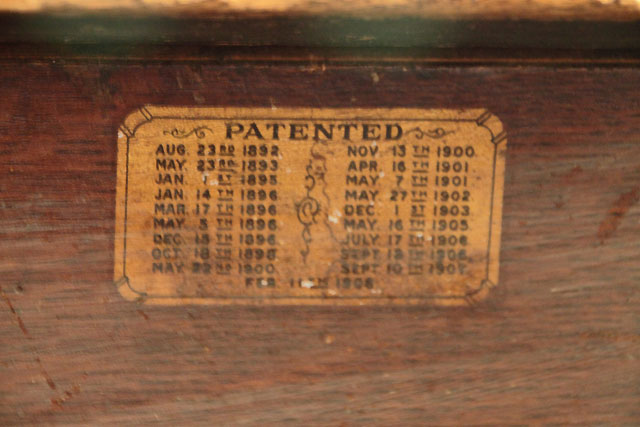
Two years ago, Dolby subsidiary Via Licensing started getting together with companies that would be interested in creating a "one-stop shop" for paying for patents that cover LTE, or Long-Term Evolution, a newer, faster type of cell phone data transmission. Now, the pool has formed, and Via is eager to sign patent licenses on behalf of the 10 companies it represents—but the question remains as to whether anyone will sign up.
The ten companies working with Via represent several big telecom companies, mostly from outside the US. The full list of licensors includes four American companies: AT&T, Clearwire, Hewlett-Packard, and DTVG Licensing (owned by DirecTV); Japanese telecoms KDDI and NTT Docomo; as well as Telecom Italia, SK Telecom (Korea), Telefónica (Spain), and ZTE (China).
In theory, the idea of a patent pool is to make it simpler to overcome the legal woes that sometimes accompany new technology. It seems straightforward that if you have to negotiate a vast array of rights to be in a particular business, it's a whole lot easier to do one negotiation than to do dozens or hundreds of separate ones.
Executing one in the real world, however, is likely to be a different story. The modern mobile space is turning out to be uniquely litigious. Even if the Via patent pool is successful in getting many licensees, companies that have paid up will still be susceptible to lawsuits on "feature" patents, like the ones asserted by Apple against Samsung. Joining a patent pool made up of big operating companies also won't stop patent trolls from coming out and filing suit, although such suits are unlikely to get injunctions that knock a product off the market.
Via Licensing President Roger Ross touts his group's decades of experience in licensing patents, and successfully licensed more than 5 billion devices to a patent pool covering the technology for the AAC audio format. He added that the group has worked closely with the DOJ to avoid any antitrust questions around creating a patent pool; that problem has plagued a competing patent pool group, MPEG-LA.
The pool will ultimately need many more than 10 members to be credible; just one of the licensor companies currently in the pool, AT&T, is a major US cell carrier.
In an interview, Ross said they were negotiating with 26 companies in all, and the initial members are just a start."If you were to sign tomorrow, you would have resolved 10 potentially costly disputes, each of which could enjoin your product or tax your product in multiple markets," said Ross. "You've saved a lot of money, and have patent peace with some significant players."
Another potential roadblock: current Android litigants are the ones using standards-essential patents to defend themselves—a controversial practice. They're hardly going to want to assign those patents to a pool organization when they're trying to use them in court.
The way Ross sees it, the heavy litigation in mobile will actually push people toward the pool solution, because it could bring the cost back down to earth. "The litigation is the driver that will cause the pool to be successful," he said. "Judges, competition authorities, and standards authorities are tired of these essential patents being used to leverage a higher-than-reasonable return."
Via won't reveal the cost of joining the pool, but Ross said the fee will be in the "single digit dollars" per device. Fees will vary, with smaller devices like dongles costing less than smartphones and tablets.
UPDATE: Via has released a list with pricing terms.
reader comments
17